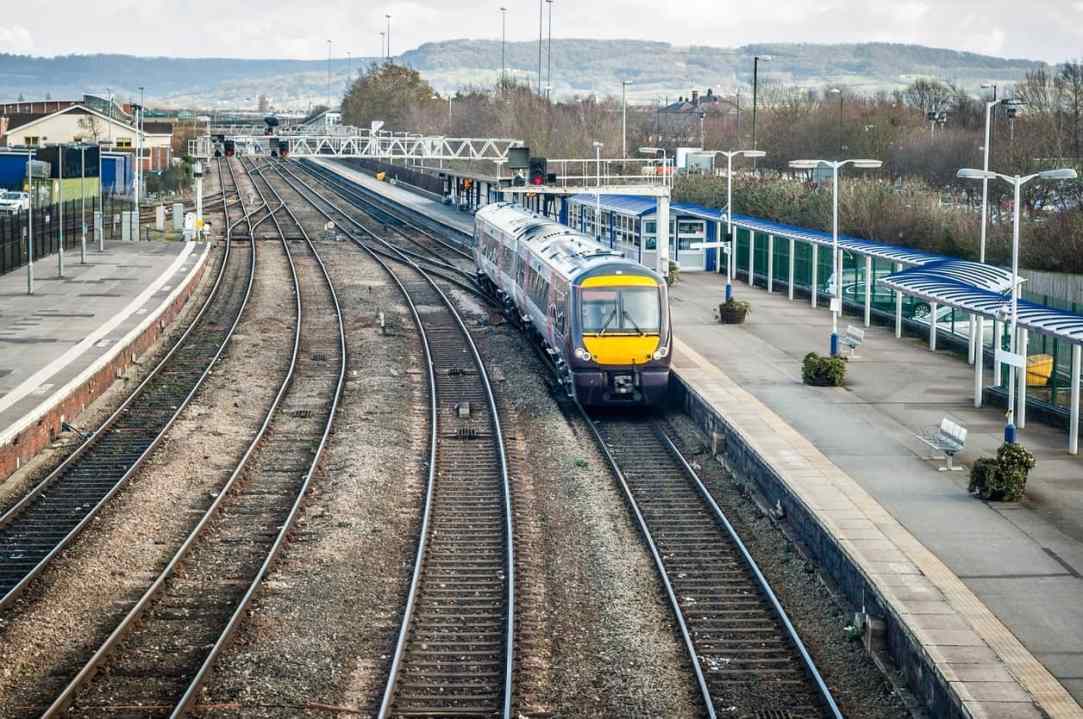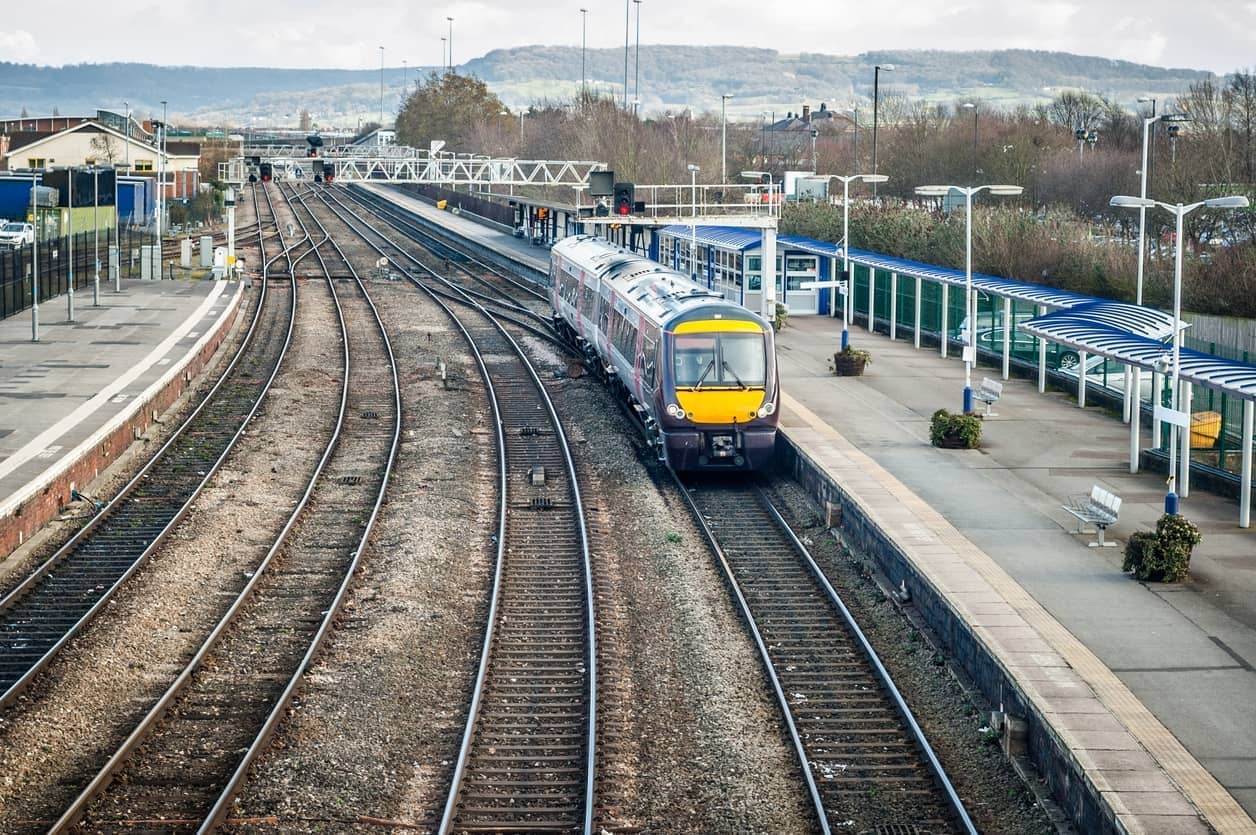In what other industry could demand collapse by a tenth and yet the staff still think that they have a right to an above inflation pay rise and no job losses? Rail privatisation was supposed to put an end to union militancy and to relieve taxpayers of the financial risk of running the railways. Patently, it has achieved neither objective. Three national rail strikes have been declared for later in the month, to compound strikes on the London underground.
Meanwhile, taxpayers will contribute £16 billion this year to propping up an industry in which demand for its services have collapsed. In the week to 22 May (before the effect of last week’s bank holidays) usage of national rail services averaged 89 per cent of what it did before the pandemic. As far as the tube is concerned, usage was 76 per cent of that of early March 2020.
The sad truth is that since rail privatisation unions have grown more, not less, militant
So why is the RMT demanding pay rises of 11 per cent – 2 per cent over the official measure of inflation, the Consumer Prices Index – while refusing to countenance any job losses? It is hardly as if rail staff don’t already get a remarkably good deal. This year the base salary for a tube driver is £57,290 – and that is before overtime is taken into account. In 2018 it was revealed that nine drivers of the London Underground earned in excess of £100,000. As for drivers on national rail services, employment website Glassdoor puts their average salary at £54,000. This is far out of line with, say, salaries paid to nurses – which is just over £33,000 according to the Royal College of Nursing.
The sad truth is that since rail privatisation unions have grown more, not less, militant and have succeeded in extracting huge pay rises from their notionally private employers. They have succeeded in doing so because the government has carried on supporting the rail industry as if it were in public ownership. Even prior to the pandemic, the government handed out grants to bail out companies when passenger numbers fell beneath forecast levels. Come the pandemic, the rail industry was bailed out massively so that staff could be kept on at full pay even when few services were running. Ever since privatisation, rail companies have found it easier to cave into union demands and then go cap in hand to the government rather than risk the disruption of strikes. As for public-owned TfL, it is still indulging unions with the kinds of restrictive practices that died out in most industries in the 1970s – thanks to a deal with the unions in 2008 tube drivers’ jobs are not openly advertised. The government loves to dictate anti-discriminatory employment policies on other industries, yet tolerates this arrangement.
Sooner or later something will have to give. Workers in other industries who have lost jobs or income as a result of the pandemic are surely going to run out if sympathy for a group of workers which has responded to its favoured status by calling national strikes.
Moreover, with more people now working from home, the unions’ power to cause mayhem is diminishing. Even if they prefer people to be in the office, most companies will now have established procedures for many staff to work from home when necessary. A national rail strike is going to cause very much less disruption compared with what it would have done in 2019.
Sooner or later, the government is going to have to take on the rail unions just as Mrs Thatcher took on the NUM. There will never be a better opportunity than now. Boris Johnson is said to be looking for some ‘red meat’ policies to throw his disgruntled backbench MPs. Standing up against the rail unions – while accelerating plans to automate the tube, so doing away with the expense and militancy of drivers for good – could be one of them.








Comments